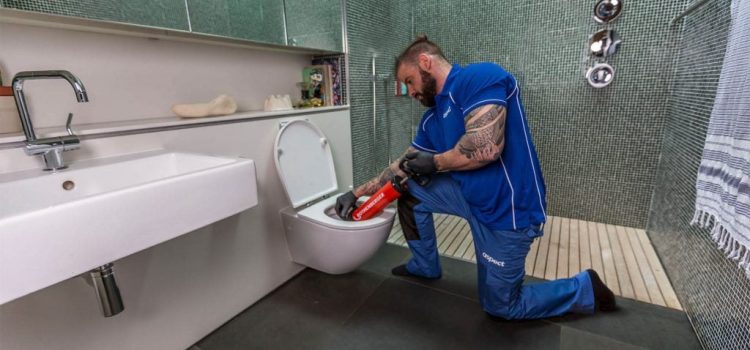
Did you know that you can avoid most plumbing problems? Unfortunately, many people don’t notice that their actions have more negative effects than positive results. We want to change that by giving some plumbing tips you need to know. Are you having problems with a leaky faucet, clogged pipe, or low water pressure? Perhaps you want to call in an expert plumber, and for a good reason.
We understand that it’s hard to have plumbing problems when you least expect it. Homeowners usually don’t have the skills for a do-it-yourself plumbing job. They can sometimes make problems worse in the end, initiating thousands of dollars in personal and property damage. But don’t put your plumber on your speed dial just yet! Here are ten basic plumbing tips every homeowner should know. Perhaps these ten tips could save you from spending thousands of dollars on a visit from your local plumber.
1. Learn the location of shut-off valves
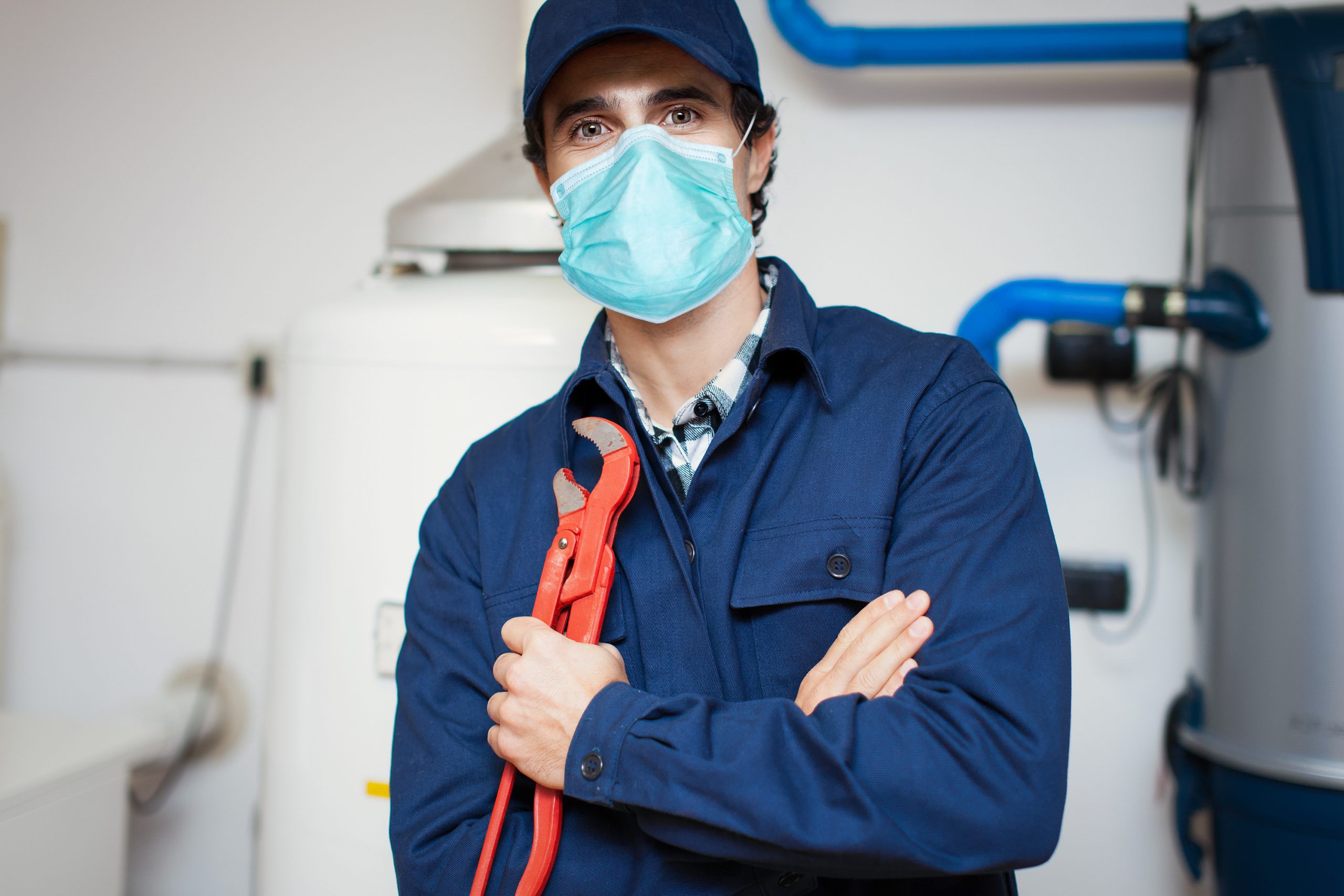
Before moving into a new home, know the location of the shut-off valves and the drain (in some cases, you will see the location of the shut-off valve outside the house). You should also be familiar with the access points to the sewer lines in case you need to do regular maintenance. Note that condos and apartments may not have their designated shut-off valves.
2. Do not puncture the pipes
Are you considering hammering nails or drilling holes in your walls, ceiling, or floors? First, know if pipes or drainage supplies are behind your work area because you don’t want to accidentally drill through them. You can locate pipes under walls with an inexpensive stud finder. You could invest in an endoscopic camera for an alternative, which can go into the walls.
3. Find out what is disposable and what is not
Homeowners should not use their toilets as trash cans, as flushing anything but toilet paper can cause bad clogs. Even disposable items in the toilet, such as baby wipes, can save the plumbing system.
4. Don’t put garbage down the drain
Never flush food debris, bacon grease, coffee grounds, starches like rice or potatoes, and vegetable peelings down the drain; they will almost certainly clog your pipes. It’s also smart to read your waste disposal manual to see what the unit can handle.
5. Use the plunger
Buy a high-quality plunger to remove clogs in sinks, drains, and toilets. If you plan to clean sink traps, take a plunger to flush out the water before removing the sink trap. This task will be messy and wet.
6. Get the vacuum cleaner out
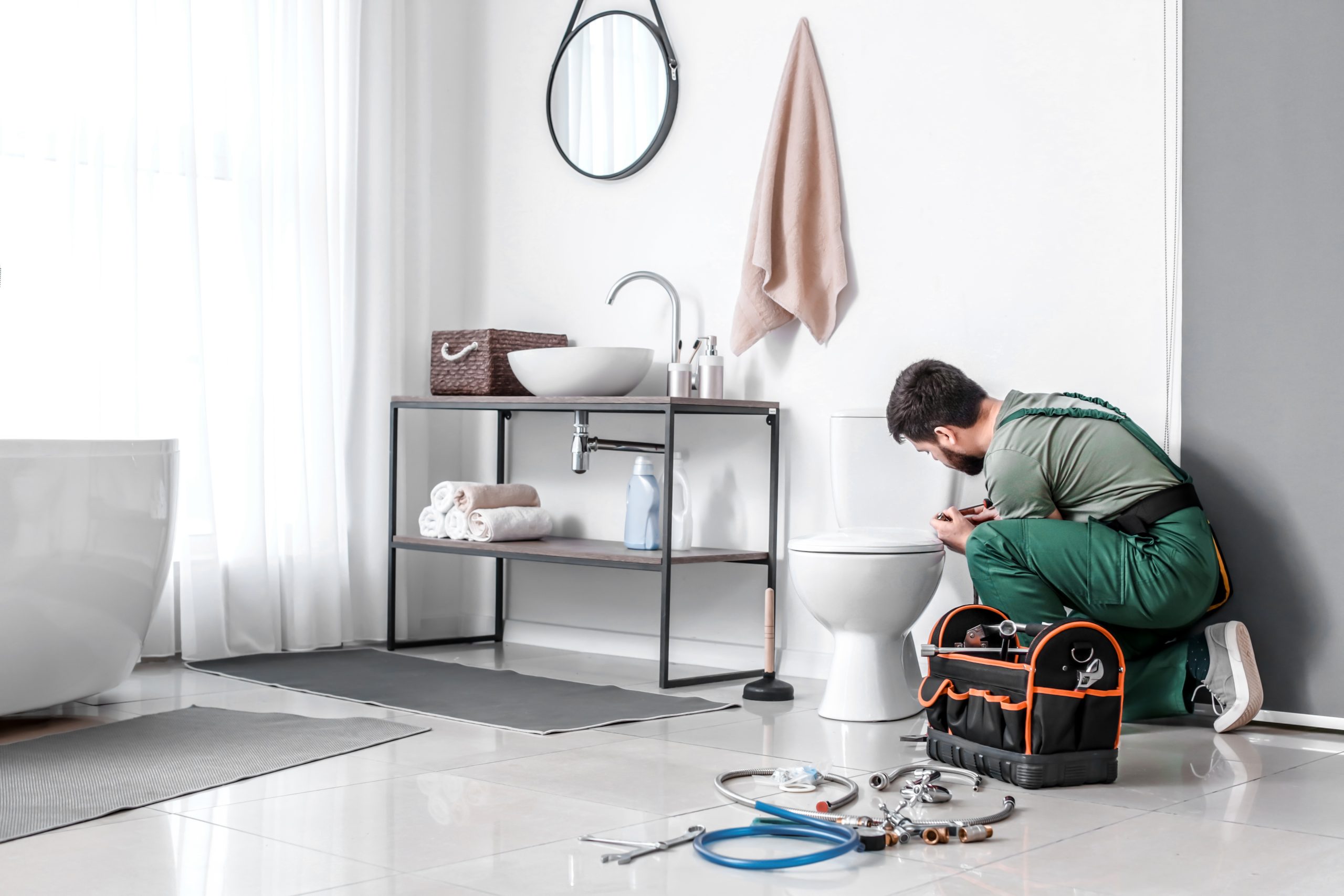
When you’re trying to remove a hoof constrained by a small, hard thing (like a toy, comb, or toothbrush), use a wet-dry vacuum. It is more effective and efficient to vacuum the hard object. A plunger will only push the item down the drain, making it more difficult to dislodge.
7. Don’t ignore leaks
Fix small leaks quickly before they become headaches and expensive problems. That persistent dripping or leaking of a fixture implies that money is being drained. A dripping faucet typically uses up to eight gallons of water daily, while a leaking toilet can use and waste 200 gallons daily.
8. Never overtighten fittings
A common do-it-yourself plumbing mistake is over-tightening fittings and couplings, which damages broken bolts and screws. Take note of this saying: hand-tight is right.
9. Use plumber’s tape
Teflon tape (also called plumber’s tape) is used to seal pipe threads to prevent leaks around fittings and joints. Wrap the Teflon tape three times around the pipe threads before sealing them. Also, note that the white tape is for regular household plumbing work, while the yellow tape is for gas line connections.
10. Always inspect for leaks
After every plumbing job, inspect for leaks by running water through your plumbing system; then, open and close all drains and valves. Even expert plumbers can overlook tiny leaks and need to reseal a fitting or connection.
Final thoughts
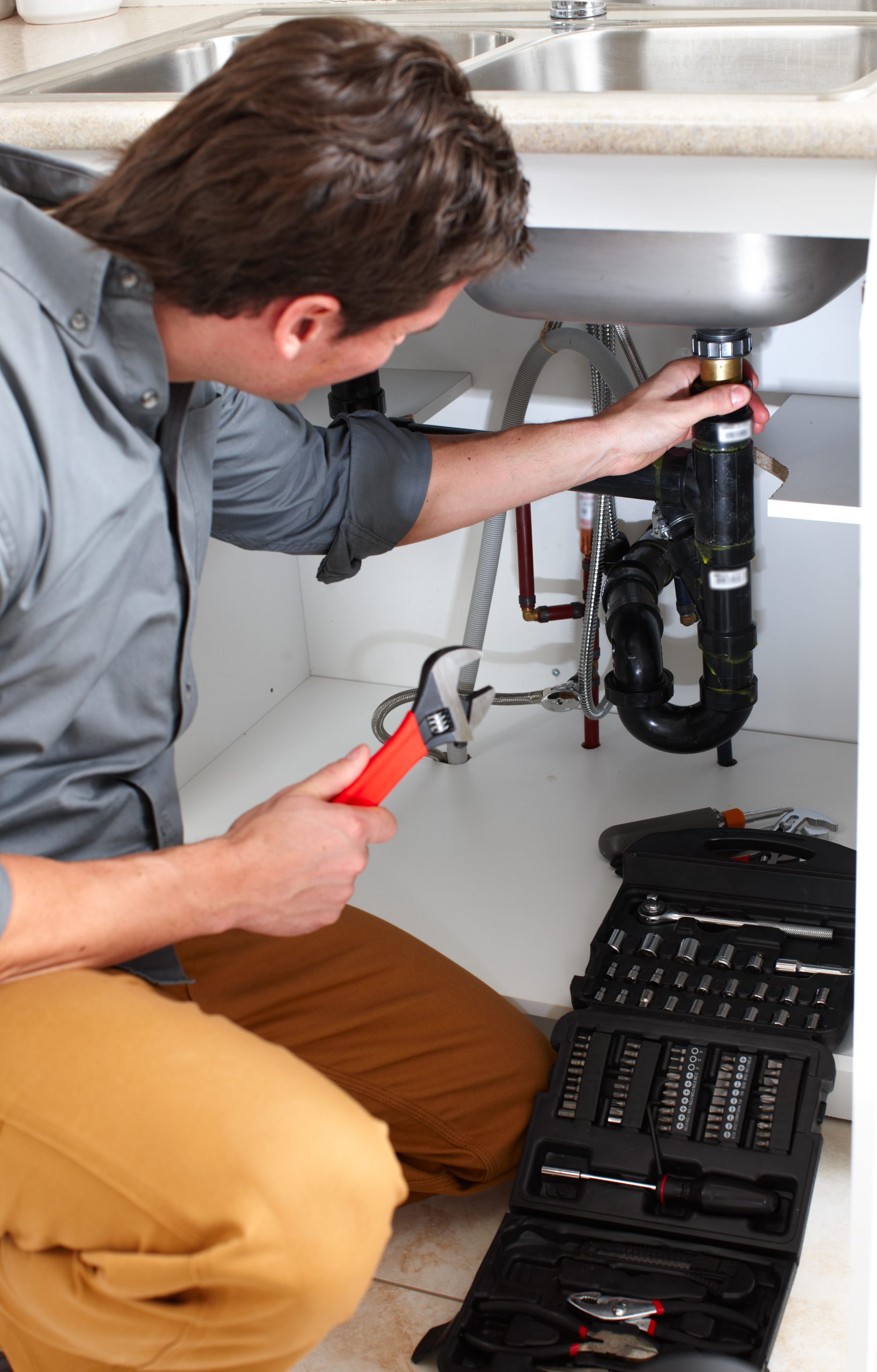
Most homeowners don’t have the essential expertise to do a DIY plumbing job. They can worsen the situation, causing thousands of dollars in personal and property damage. It’s normal not to dial your local plumber. Follow some plumbing basics in this article that every homeowner should know.
Learning some plumbing tips and tricks could give you the courage you need to take care of your plumbing. It can save you money, and you won’t have to pay a professional for minor repairs. Sound off in the comments section below, and tell us what you want to read next and if you want to read more about plumbing.

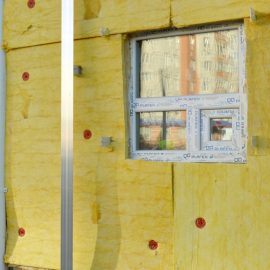
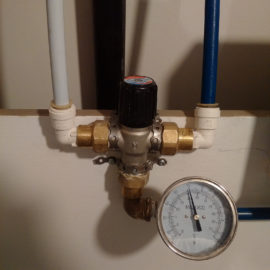
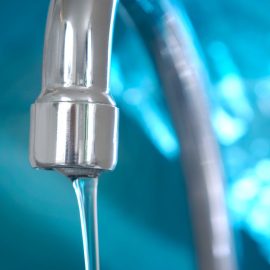
Thanks for the reminder that it’s essential to ensure that the fittings are properly tightened and aren’t too tight at all. I’m planning to look for a good plumbing service soon because I’m thinking about getting some upgrades for my home’s plumbing. I think that replacing some of my metal piping with plastic will deal with rusting problems once and for all.